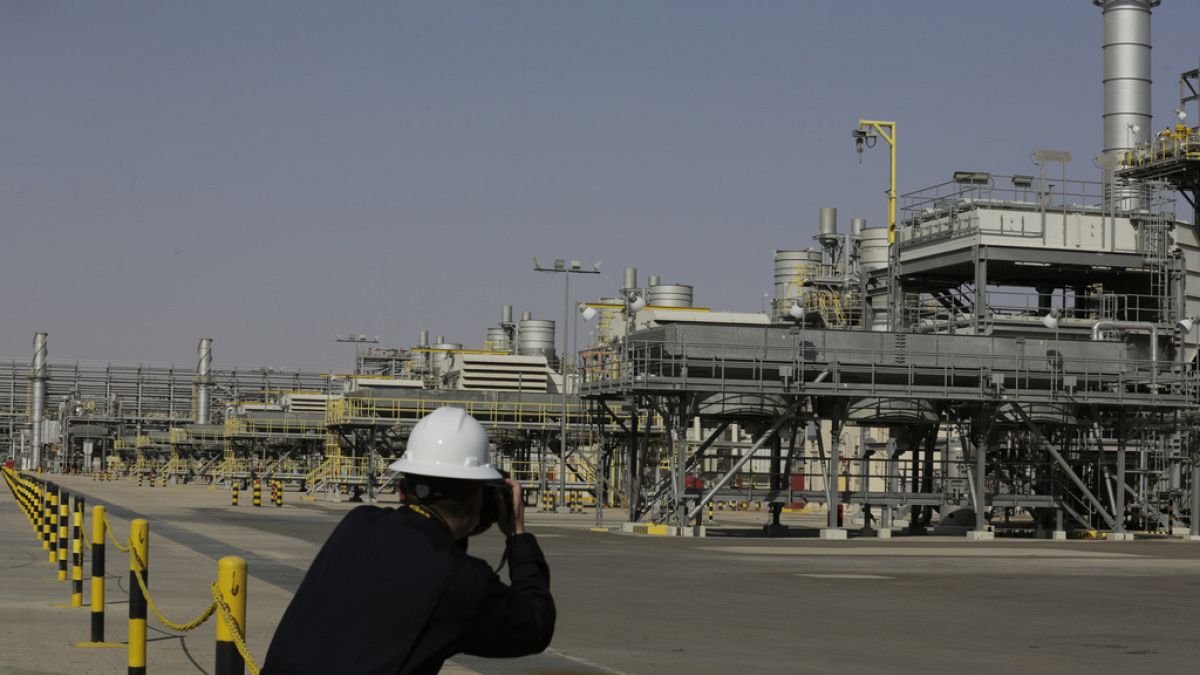

In a world ever-reliant on energy for sustainable growth and development, several noteworthy changes are shaping the landscape in different corners of the globe. Let’s explore these updates in a calm and coherent manner, providing insight into the evolving energy dynamics.
The Organization of the Petroleum Exporting Countries, along with its allies (OPEC+), recently reached a consensual decision to increase oil production by 547,000 barrels per day starting in September. This decision, announced after a meeting among eight participating countries, reflects the group’s commitment to stabilizing the global oil market and addressing the increasing demand as economies gradually rebound. This move is seen as a positive step in ensuring a steady supply of oil, helping to prevent volatility in energy prices that have characterized recent tumultuous periods.
Meanwhile, a significant milestone was achieved in Turkey with the opening of the Kilis-Aleppo natural gas pipeline. This project, supported by Turkey, Qatar, Azerbaijan, and Syria, marks a collaboration aimed at fostering regional stability and enhancing energy availability in war-affected areas. The natural gas flow to Aleppo symbolizes hope for reconstruction and development, as it is poised to supply electricity to nearly 5 million households. The Turkish Minister of Energy and Natural Resources, Alparslan Bayraktar, has encouraged European countries to engage in infrastructure projects that could facilitate the return of displaced Syrians currently residing in Europe. This collaborative effort highlights the strategic importance of energy infrastructure in supporting communities and rehabilitating conflict zones.
In the United Kingdom, the focus has shifted to financial accountability within the motor finance sector. Britain’s City watchdog, the Financial Conduct Authority (FCA), has projected that the compensation payouts related to missold car finance schemes could reach up to £18 billion. The FCA’s findings have highlighted the need for transparency and fairness in consumer finance practices, ensuring that affected individuals receive due compensation. This development underscores the broader commitment to fostering ethical standards within the financial landscape, an effort that benefits consumers and promotes trust in financial institutions.
On the international front, India’s strategic decisions concerning oil imports continue to attract attention. Despite external pressures, notably from former U.S. President Donald Trump, India has elected to maintain its oil purchases from Russia. This decision underscores India’s pragmatic approach, driven by considerations such as price, crude grade, logistics, and broader economic factors. Despite potential sanctions looming over countries engaging with Russia, Indian officials have asserted the country’s stance, emphasizing the importance of diversifying energy sources to secure the nation’s energy needs. This situation highlights the complexities of global trade relationships and the nuances that come with balancing national interests and international partnerships.
These snapshots of recent energy developments illustrate the interconnected nature of global energy politics. From increased oil production by OPEC+ aimed at stabilizing markets, to collaborative infrastructure efforts intended to reignite regions impacted by conflict, and financial redress aimed at ensuring ethical business practices, these stories reveal a tapestry of efforts designed to address current challenges. Each initiative reflects a broader narrative of progress, cooperation, and the unwavering human commitment to forging pathways towards sustainable and resilient energy futures.
As we witness these changes unfold, they remind us of the myriad ways in which energy intertwines with economic stability, international relations, and regional development. In understanding these dynamics, we gain a deeper appreciation for the thoughtful actions that propel us towards a more balanced and prosperous tomorrow.
Source: {link}
